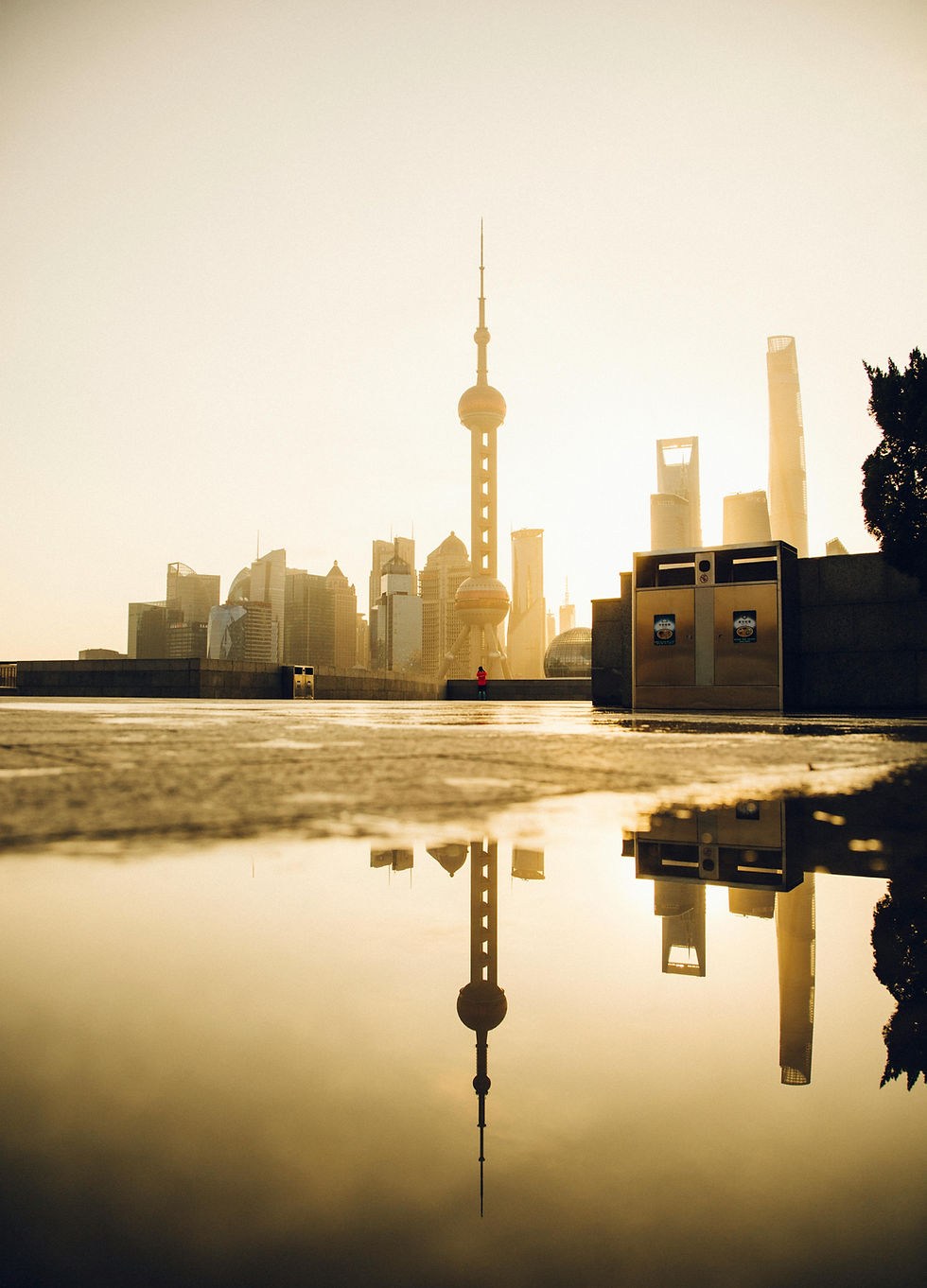Burning
- Citizens' Platform

- Jun 13, 2024
- 3 min read
by Alberto Sclaverano for Citiplat
The spot-on documentary shows all the tragic consequences of the climate crisis and our inaction
Burning explores what had been known as the “Black Summer”. This expression refers to the 2019-2020 Australian bushfire season, which lasted from June 2019 to May 2020 and devastated the Southern-Eastern regions of the country. The burning continued for several months destroying about 59 million acres and killing 3 billion of animals, thus making it a total catastrophe in terms of environmental damage and wildlife population’s loss.
It was directed by Australian director and producer Eva Orner, and it was released in November 2021 by Amazon Video after premiering in September at the Toronto International Film Festival. It deals with one of the many climate-change-related catastrophes that have occurred during the last decade. It was discussed a lot in the news worldwide, but then it went almost unnoticed due to the development of the COVID-19 Pandemic.
The movie presents this terrible natural event from the point of view of people who directly experienced it, providing us with precious yet disturbing testimonies. It invites us to listen to the ones who lost everything and to the firefighters who arrived first and needed to face the disaster.
These interviews with common people are interchanged with the opinions of scientists, experts, and activists which help us to understand the severity of the damage inflicted upon the whole planet, not only Australia, and also the errors made by the government and the authorities that were in charge during the bushfire season.
Burning also deals with the causes of the fires, especially concerning the desertification and hyper-intensive exploitation of the terrains, and how climate change was one of the main reasons why this catastrophe happened in the first place.
Orner’s speakers criticize politicians from both sides of the parliament, not only for the management of the burning but especially for the development model they are pursuing for Australia, including the destruction and appropriation of the land once owned by the indigenous tribes. So, the film becomes something more than an inquiry into a recent natural tragedy. Particularly in the third act, Burning is first and foremost a harsh critic of the fossil fuel industry, its political connections, and its negative impact on the Earth and the environment. While it deals with the Australian reality, it is not difficult to recognize debates that every rich country has dealt with.
The approach adopted by Orner reminds a lot of Greta Thunberg’s communication style, but only in the sense that her movie is a call to act now or face the disastrous consequences of the climate crisis. While Thunberg speaks directly to the public, Orner prefers to have her message delivered through interviews, opinions, heartbreaking tales, and the real, upsetting images of the fires that ravaged the beautiful Australian landscape.
Orner’s Burning has been compared to Al Gore’s An Inconvenient Truth, but the two films have differences. Orner’s more indirect, sober, less show-related approach is even more effective in making us shocked and angry. And, hopefully, to push us to force our politicians to do something more to stop the climate crisis before it is too late.
Orner is well known, especially for her work in the documentary field. In 1994 she produced Sarah Stephens’s Untold Desires, which won the prize for Best Documentary at the Australian Film Institute Awards. The film explores sexuality and the needs of people with disabilities. The most famous work she is associated with remains Alex Gibney’s Taxi to the Dark Side (2007), for which she won the U.S.A. Academy Award for Best Documentary as a producer alongside Gibney. The film focuses on the U.S. policy about using torture during interrogations, especially after 9/11.









Comments